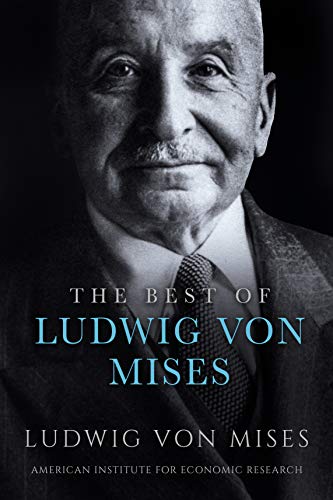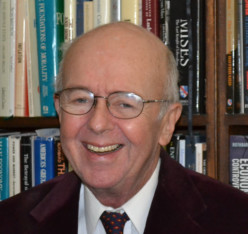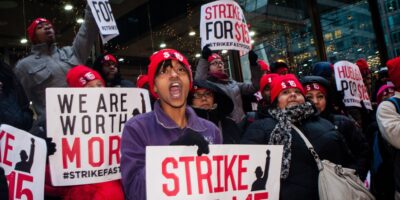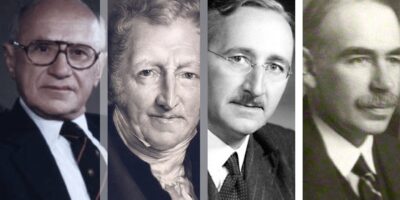The Most Important Concept Mises Taught Me

Key among the basic concepts of Austrian economics (a term that Mises rarely used; he preferred just “economics” or more broadly, “praxeology”) is the concept of methodological individualism. This has been the most important of Mises’ basic concepts in my personal life over the fifty years since I met Mises in person and began my study of economics.
Methodological individualism? Try saying it fast three times. A snappier phrase might do better in our era of sound bites; I’ll leave that to others. Mises did, however, pen a snappy sentence that captures the concept: “The hangman, not the state, hangs the criminal.”
And let’s please have it understood that we’re not talking about ethics or politics here. Not “rugged individualism.” Methodological individualism is a principle that is every bit as foundational to social science (praxeology) as is conservation of momentum in physics. It simply recognizes the biological fact that we initiate our actions from within the privacy of our thoughts and emotions. It has ever been thus and ever will be, at least until that unhappy day when humans get USB ports implanted above their ears.
Yes, we usually take account of other people when we act: contracts or commitments we have made, examples or expectations others have set, threats of violence, and much more. Sometimes we cooperate, sometimes we compete, sometimes we fight, sometimes we sit on our hands. The fact remains: we initiate our actions.
I am a slower learner but I can safely say that over fifty years, methodological individualism has sunk in. When I read or hear statements that defy the concept, usually implicitly, my reaction is pretty much automatic.
Some examples:
We Californians see idiotic Proposition 65 warning labels that tell us some product is “known to the State of California” to cause cancer. My reaction: there is no acting entity called the State of California that knows anything. Individual bureaucrats, corporate lawyers, politicians, and earlier on, voters all acted in some way to bring these warnings into existence. This observation is entirely separate from the propriety or rationality of such warnings. (They’re counter-productive, I must add: because the warnings are so often applied to things that are clearly harmless, we likely overlook some genuine cancer links.)
At GM.com we are told “General Motors is committed to fostering smart, safe and sustainable communities around the world.” Once again, there is no acting entity called General Motors that is committed to anything. Granted, it may be a convenient shortcut to say that GM acts, but if we think about what really happened, we recognize that individual employees put this statement together and others more or less bought into it. Whether they were serious about these lofty words or what they might mean in practice are separate matters.
Our local utility, PG&E, was found criminally liable for a gas explosion a few years ago. What can it possibly mean for a corporation to be a convicted felon? I’m no lawyer but I thought crimes were individual actions that violate the rights of others, subjecting those who initiated them to punishment, often confinement. You can’t put a corporation in jail. You can, of course, put executives and employees in jail, but that didn’t happen.
We hear a lot about the trade deficit these days (more properly, current account deficit). The concept is mathematically coherent but very misleading because countries don’t trade with each other. Literally. Individuals and companies trade (and of course within companies, individuals carry out actions). Absent coercion, they do so because they mutually expect to benefit, and if there is a current account deficit, so what? It is necessarily balanced by a capital account surplus. But that concept is just as misleading.
On a grander scale, consider democracy. Elections make governments legitimate because they express the voice of the people, we are told. Hogwash! The winners are individuals with the best skills in getting elected. Benighted voters make their choices for all sorts of reasons, trivial or profound. Once in office, politicians and bureaucrats mainly seek power, prestige, and money. These players are all individuals responding to incentives. “Voice of the People” is an empty but dangerous phrase. There is no such voice.
Yes, it’s convenient to say the government or General Motors or the university did this or that. I do it myself. But let’s at least try to remember Mises’ hangman when we do.
I only wish Ludwig von Mises were still among us so I could thank him for propounding this important concept. Of course, it was my choice alone to study and adopt it.











